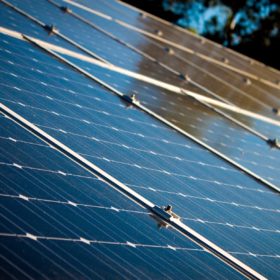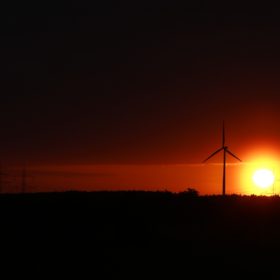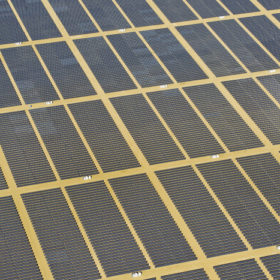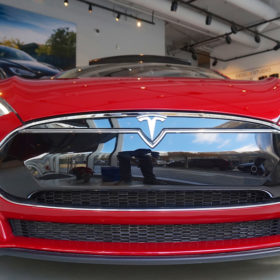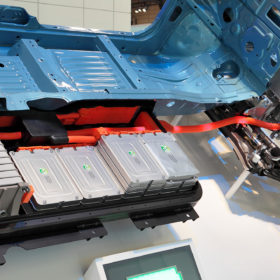US racking company moves manufacturing to China
Despite strong revenue growth in its domestic market, Quick Mount PV – which was acquired by Netherlands-based Esdec last year – is abandoning its U.S. manufacturing to move overseas.
New all-iron redox flow battery for renewables storage
Scientists in the U.S. claim to have demonstrated an inexpensive, long-life, safe and eco-friendly redox flow battery. The device is said offer coulombic efficiency of 97.9% thanks to functional electrolyte additives, pH and elevated temperature.
From Rwanda to Riverside, California: How the US solar industry gave opportunities to an immigrant entrepreneur
When Covid-19 hit his small solar engineering business, chief executive Methode Maniraguha said: ‘No furloughs or layoffs – we’ll pivot.’
CEO of residential solar installer survived gangs and prison, only to face structural racism in his career
Solar workforce development can help combat systemic racism in the industry.
First-half solar funding fell by a quarter as Covid-19 bit
The latest PV finance report released by Mercom Capital had solar investment falling almost entirely across the board with the number of new solar funds launched in the last three months offering a rare piece of good news.
Supply chain concerns will drive EV battery recycling policies
With electric vehicles starting to gain traction, the International Energy Agency’s updated, ten-year e-mobility forecast has suggested geopolitical and economic concerns will trump environmental niceties when it comes to encouraging recycling. But what price ever-cheaper batteries?
Covid-19 weekly round-up: Ups and downs from the US residential market and one Swedish city tries to attract Europe’s best and brightest
Industry body SolarPower Europe is trying to stay bullish about the lingering effects as the continent starts to come out of lockdown and one analyst has predicted a healthy large scale solar market will carry the US through the crisis.
Covid-19 weekly round-up: Predatory takeover fears, Ieefa takes aim at the IEA and diverse perspectives on e-mobility
Analysts appear divided on the effects the public health crisis will have on the EV market even as sales of petrol-engined SUVs soar in China. And Portugal is plowing on with its Covid-delayed national solar tender, an exercise which may help establish whether clean energy thinktank Ieefa is right to predict PV prices will continue to fall.
Used EV batteries for large scale solar energy storage
MIT scientists have suggested used electric vehicle batteries could offer a more viable business case than purpose-built systems for the storage of grid scale solar power in California. Such ‘second life’ EV batteries, may cost only 60% of their original purchase price to deploy and can be effectively aggregated for industrial scale storage even if they have declined to 80% of their original capacity.
Sunny regions could see one-cent solar within a decade
The solar learning curve usually applied to panel costs has been extrapolated to the larger, non-module element of the price of solar electricity generated by big projects, leading one commentator to predict new solar projects could be cheaper than legacy fossil fuel plants within 10-15 years in certain markets.
